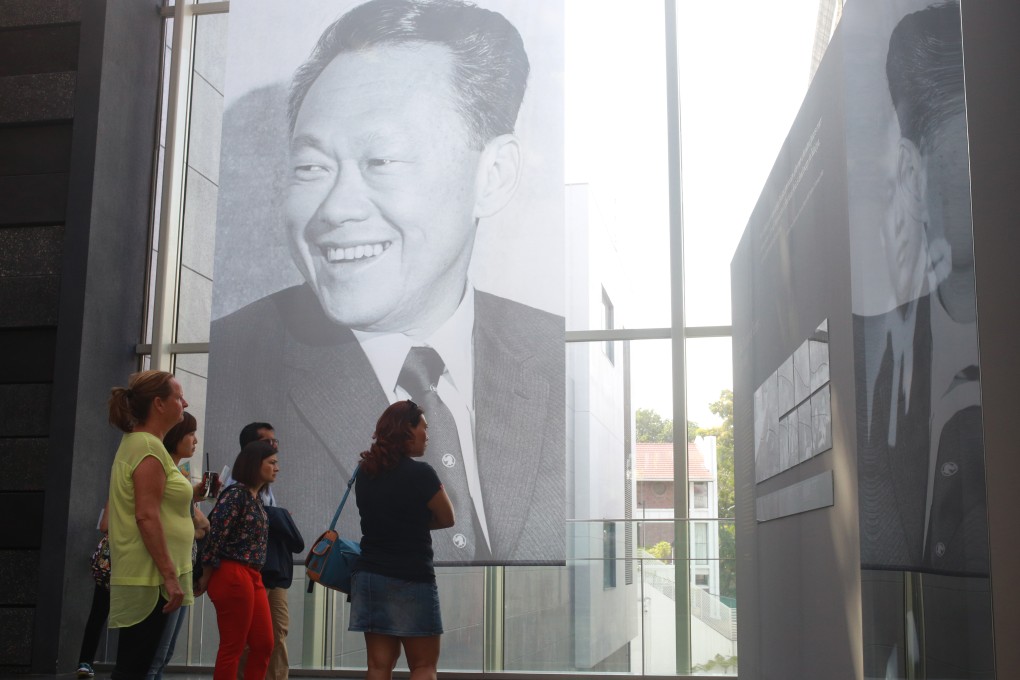Jake's View | No man is an island: Lee Kuan Yew had help with Singapore

D e mortuis nil nisi bonum, they say, and I largely agree. Say nothing but good about the dead.
But there has to be a limit to it or history would be nothing but a collection of rosy obituaries. Decency says one should wait until after the funeral and then a more objective retrospective is entirely seemly.
I have in mind the scene at the Pearly Gates as Lee Kuan Yew arrives. St Peter enters a check mark into his book, turns to him and says, "Block H, room 4523D. Pick up your keys from the porter."
"Wait a moment," says Mr Lee. "Don't I deserve a few words of praise for all that I have done for Singapore?"
"You do indeed," says St Peter. "But on earth you were already given every word of it. Next."
On a cruise through the Indonesian spice islands last week I chanced across a copy of Singapore's English language newspaper, The Straits Times. It opened to about 20 pages of fulsome tribute to Mr Lee with the little wider news squeezed in at the back.
